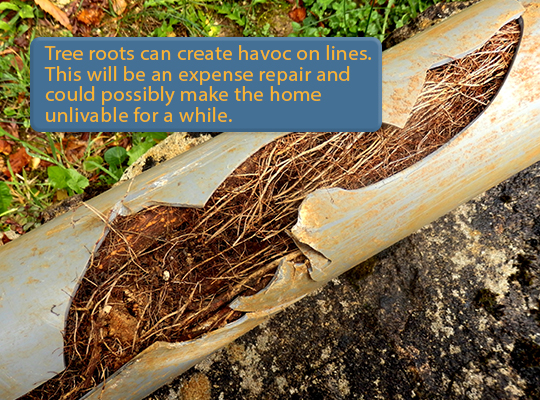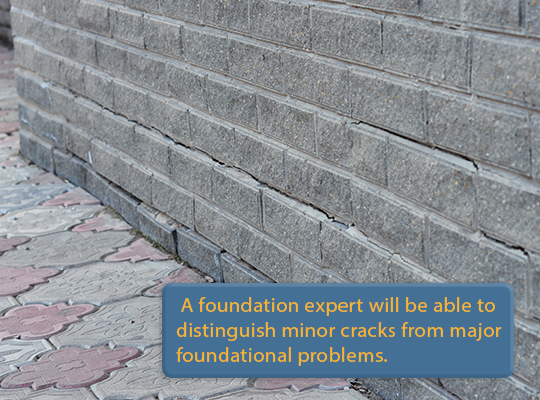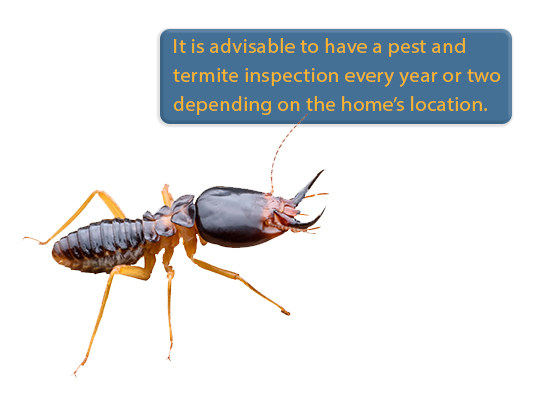Specialized Home Inspections That Will Save Home Buyers Money
Having a specialized home inspection before you close can save you thousands of dollars in unexpected home repairs. There are other special home inspections that could affect your home purchase that go along with the normal general home inspection. The need for these special inspections may surface from issues found during the general inspection or from the seller’s disclosure. These special inspections may focus on one area or system to expose potential issues.
Learn more about HomeMD Inspections

Some of these special Inspections include:
SEWER INSPECTION – This inspection can be important for houses that are 20 years older or more. The pipes can erode and break down. Tree roots can create havoc on lines. This will be an expensive repair and could possibly make the home unlivable for a while. This special inspection will help find any issues in the plumbing lines and enable you to negotiate necessary repairs or replacement during the inspection period.
LEAD-BASED PAINT TEST – If the home was built prior to 1978, lead is probably present in the original exterior or interior paint. This paint may be safely hidden under newer paint jobs. Having the paint tested is important if you plan on doing any renovating. Lead in the old paint is damaging in the form of dust, especially to children. If lead is present in old paint, you will need to follow best-practice guidelines when dealing with any original paint.
OIL TANK INSPECTION – The seller’s disclosure statement or the general inspection will note if an oil tank is present on the property. An inspection can check for leaks in the contaminated soil. In some areas, unused tanks must be issued a decommissioned certification before the sale can proceed. A licensed oil tank inspector can advise you on local laws concerning the oil tank.
Schedule a Home Inspection Now
FOUNDATION INSPECTION – Foundation issues can be some of the most costly to repair. If your general inspector finds cracks in the foundation, it may be wise to have a separate foundation inspection done. A foundation expert will be able to distinguish minor cracks from major foundational problems. If the general inspector reports a foundational crack, lenders may require another inspection for an all-clear certification before they will lend money on the property.

CENTRAL AIR/HEATING INSPECTION – If the HVAC system is not performing as it should, your inspector may suggest calling in a professional to pinpoint the issue. The air ducts may be blocked or the unit hasn’t been properly maintained. This special inspector will clean and maintain the system and advise you of any needed repairs or replacements. The cost of this service is money well spent when you avoid major issues later.
ROOF INSPECTION – The roof is one of the most costly components of a home to repair and replace. A roof inspector will provide an accurate report of the current condition of the roof and its proposed longevity. The inspector will check the condition of roof materials, the functionality of gutters and drains, and flashing. After any necessary repairs, the roofing company will estimate the remaining years of the roof’s life and certify its inspection.
RADON TEST – Radon is an invisible, odorless gas that occurs naturally and it is the next largest cause of lung cancer behind smoking. There are no obvious indicators of radon presence, therefore, it is important to have tests done. A presence of high levels of radon might not derail the home purchase, however, as mitigation is typically a reasonable expense.
Read more about HomeMD radon inspections
POOL INSPECTION – For best result, a pool should be open and functional during the inspection. A pool inspector can do an in-depth inspection so you will know what condition the pool is in. This could help you to not encounter a huge pool repair bill later.
PEST/TERMITE INSPECTION – In high humidity areas, the more issues with pests and termites. A professional can save you a lot on future expenses. Termites eat wood from the inside out. There may be no obvious signs of their presence. An inspector will search for their presence, evaluate the damage, and take steps to eliminate them. It is advisable to have a pest and termite inspection every year or two depending on the home’s location. Most pest inspection companies will warranty their inspections for a period of time.

Schedule a Home Inspection Now

